“How many of the things that we have done or others have done to us were as a result of not knowing any better, or out of ignorance? If it was out of unknowing, then perhaps these are the things that we can start our forgiveness practice with”

Dear Integral Meditators,
This week’s article looks at forgiveness as an object of mindful attention and practice. As a state I find forgiveness a very ‘mind-cooling’ experinece, it’s nice just to sit in and feel your inner temperature drifting gently down!
If you enjoy the article, then do come along to this weeks Tuesday or Wednesday class where we will be taking forgiveness as our object of meditation.
This week is also the start of a new mini-meditation series: The Wisdom of Awakening Series: Meditations for forgiveness, Eternal life & True inner fortitude. It promises to be a fun and informal way to deepen your meditation practice in unexpected and whimsical ways!
And finally, brief reminder of the Shadow meditation workshop on the 18th March, for the slightly braver and more adventurous….
In the spirit of acceptance & forgiveness,
Toby
Wisdom around forgiveness
Before you start reading the article, it might be worth just having a think about your current experience of forgiveness:
- How would you define it?
- What sort of feelings and emotions come up for you around forgiveness?
- Are there people in your life, including yourself that you’d like to forgive?
If we think of forgiveness in broad terms as a ‘willingness or intention to let go of grudges for (perceived?) harm done, and for the anger and resentment accompanying it’. Then this, along with your own reflections gives us a basis for proceeding. Here are three mindful positions that you can take around forgiveness:
Awareness that you aren’t forgiving, haven’t forgiven, haven’t accepted
If you know you have resentment towards someone or yourself, before you start telling yourself that you need to do anything like forgiving, you need to know it is there and acknowledge that fact. If you know you are not ready to forgive, then accepting that is a good holding space. If for me the anger is still rising within me, my experience is that if I can simply acknowledge and flow with it for a while, I’ll start to move into the next stage naturally without forcing.
Accepting without forgiving
Working through your anger and resentment doesn’t necessarily mean you then forgive unconditionally. Sometimes it might feel more appropriate to focus on accepting what happened without necessarily forgiving unconditionally. It may be that you don’t feel it’s appropriate, or not your place to forgive, in which case an appropriate state of resolution and peace can be achieved through acceptance. You can read more about this position in my article ‘Acceptance or forgiveness – The difference’.
Choosing to forgive, choosing to understand
There are certain situations where you may feel that it is appropriate and beneficial to really emphasize forgiving and releasing properly. Sometimes this may be done conditionally, other times unconditionally. To do this involves:
- Acknowledging the action
- Accepting our feelings of anger and resentment around what has happened
- Choosing to understand and forgive the person for their actions
- Consciously letting go of our grudge, and wiping the slate clean in the relationship
These four stages may be something that we need to do more than once in order to really forgive, and it may be that we need to re-forgive a number of times over a period of time before we really sense that we have let go.
You might also consider that forgiveness has two major dimensions:
- Applying it to ourselves
- Applying it to others
Quite often the things we find really difficult to forgive in others are as a result of things that we have judged and not forgiven ourselves for. So if we are looking for a place to start, authentic forgiveness of self is a wise one!
So that’s most of what I wanted to say on the subject for now. Below is a short paragraph from ‘One Minute Wisdom’ by Anthony De Mello. How many of the things that we have done or others have done to us were as a result of not knowing any better, or out of ignorance? If it was out of unknowing, then perhaps these are the things that we can start our forgiveness practice with.
‘UNDERSTANDING’
“How shall I get the grace of never judging my neighbour?”
“Through prayer.”
“Then why have I not found it yet?”
“Because you haven’t prayed in the right place.”
“Where is that?”
“In the heart of God.”
“And how do I get there?”
“Understand that anyone who sins does not know what he is doing and deserves to be
forgiven.”
© Toby Ouvry 2023, you are welcome to use or share this article, but please cite Toby as the source and include reference to his website www.tobyouvry.com
All upcoming classes and workshops at IMA:
Ongoing – Weekly Tuesday, Wednesday Online class schedule
Ongoing on Wednesday’s, 7.30-8.30pm – Wednesday Meditation for stress transformation and positive energy with Toby (Bukit Timah)
Ongoing on Tuesday evenings, 7.30-8.30pm – Tuesday Meditation for stress transformation and positive energy with Toby (East Coast)
Starts Tuesday /Wednesday 23/24th March – The Wisdom of Awakening Series: Meditations for forgiveness, Eternal life & True inner fortitude
Saturday 18th March – Finding Freedom From What Holds You Back in Life: Practical meditations & techniques for working with your shadow-self
Tues 21st & Weds 22nd March, 7.30-8.30pm – Spring Equinox balancing and renewing meditation
Saturday March 25th, 9.30-11.30am – Monthly Qi Gong & Taoist Breathwork Clinic & Mini-retreat
Sat & Sunday 1st, 2nd April – Two day integral meditation retreat
Starts Tues/Weds April 11th/12th , 7.30-8.30pm – Meditations for thriving and energy creation – An eight week course
Tues 30th/Weds 31st May – Wesak meditation
Integral Meditation Asia
Online Courses * 1:1 Coaching * Books * Live Workshops * Corporate Mindfulness Training *Life-Coaching * Meditation Technology
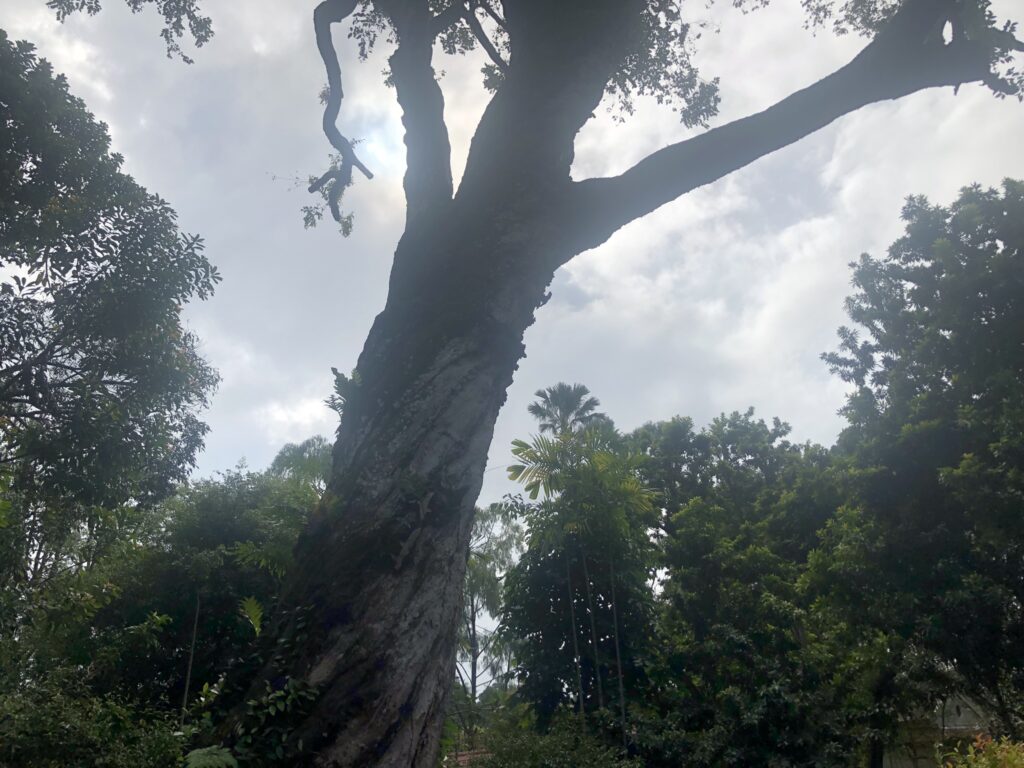
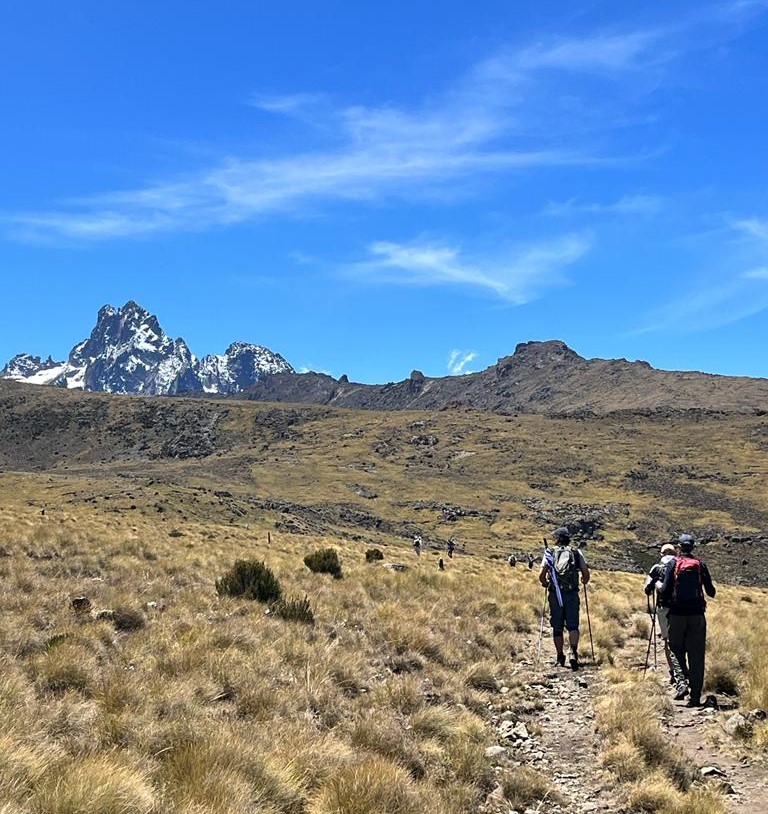
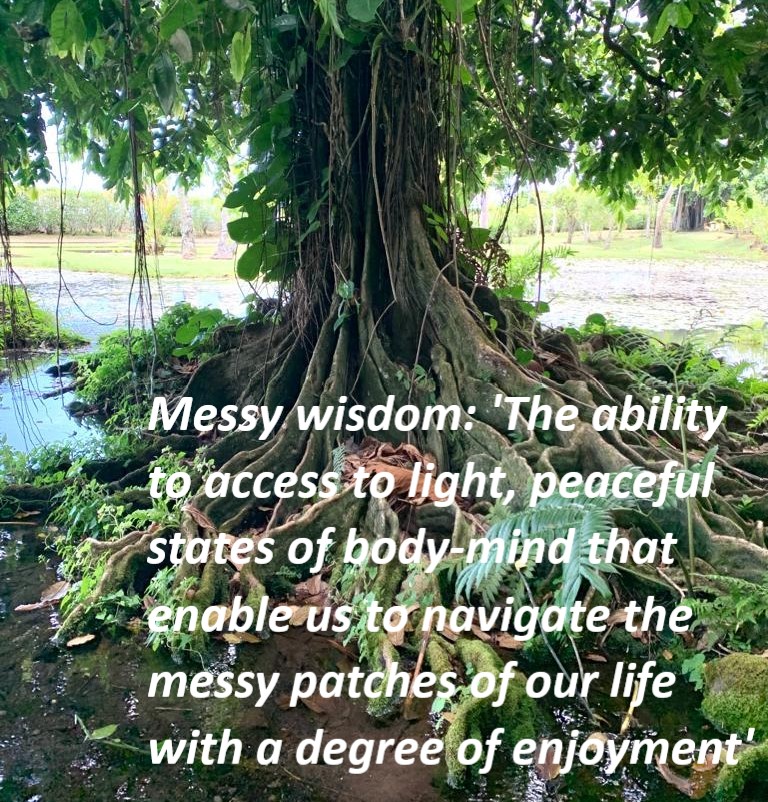
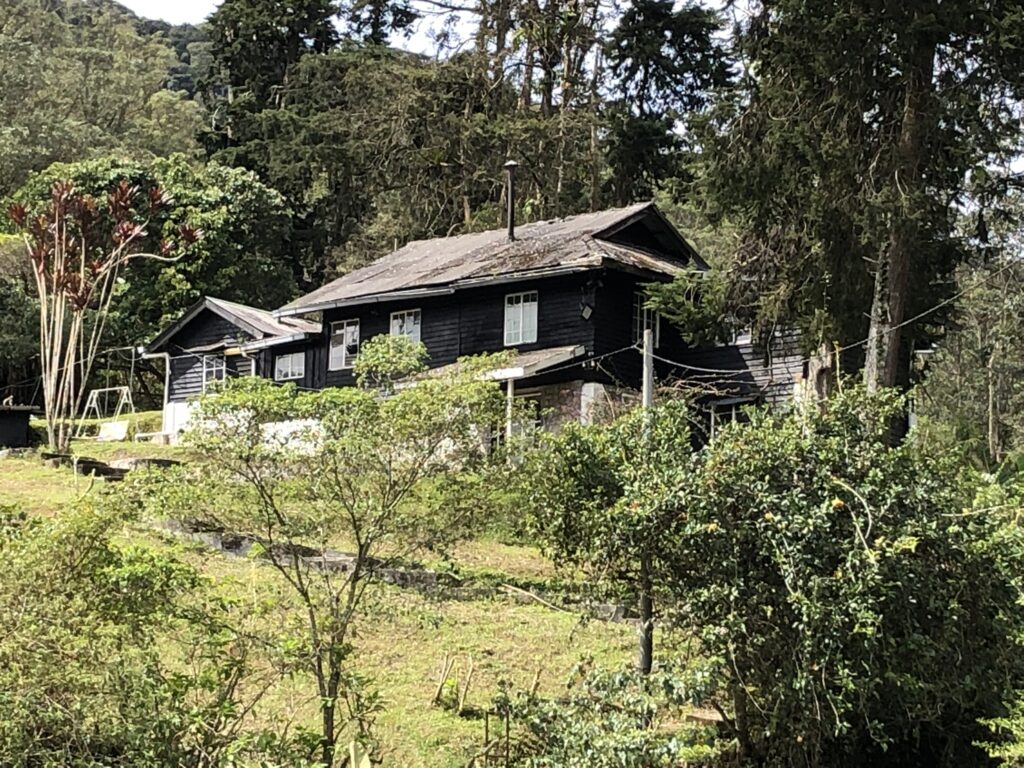
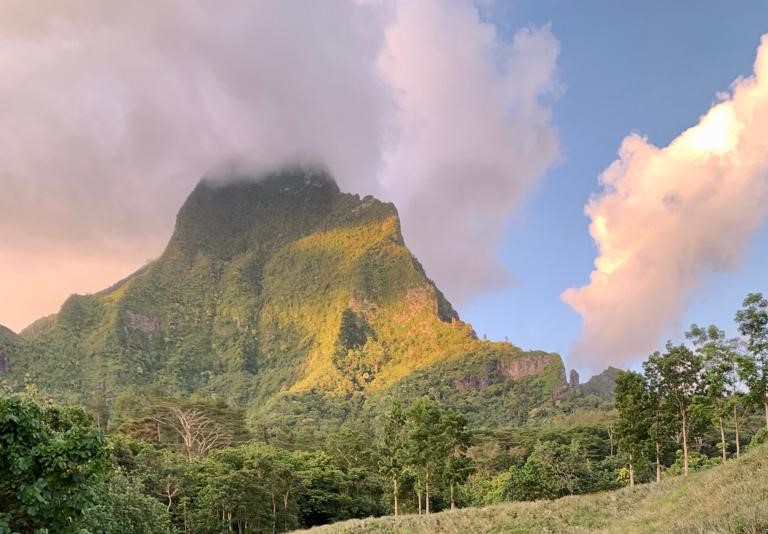
 Dear Integral Meditators,
Dear Integral Meditators,







